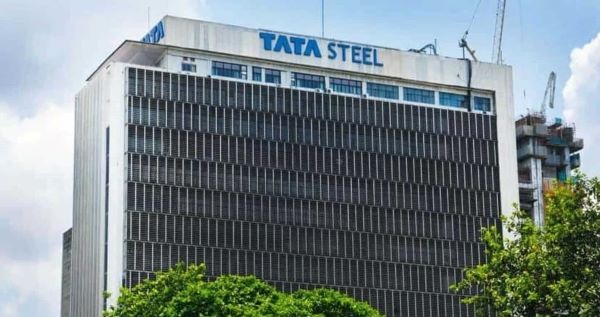
Team News Riveting
Mumbai, September 15
Tata Steel and the UK Government have jointly agreed on a proposal for the largest investment in the UK Steel Industry for decades.
The proposal lays the decarbonisation pathway towards globally competitive and sustainable steel making in Port Talbot, UK.
Commenting on the announcement, Tata Group Chairman N Chandrasekaran said: “The agreement with the UK Government is a defining moment for the future of the Steel Industry and indeed the industrial value chain in the UK. It has been an absolute pleasure to work with His Majesty’s Government and the Honourable Prime Minister Rishi Sunak in developing the proposed transition pathway for the future of sustainable steelmaking in the UK. The proposed investment will preserve significant employment and presents a great opportunity for the development of a green technology-based industrial ecosystem in South Wales. We look forward to working with our stakeholders on these proposals in a responsible manner.”
Tata Steel’s Chief Executive Officer and Managing Director, T V Narendran said: “Tata Steel UK has been facing significant challenges due to the heavy end facilities approaching their end of life. The proposed project with one of the largest investments in the UK Steel Industry in recent decades, provides an opportunity for an optimal outcome for all stakeholders. We will undertake a meaningful consultation with the Unions on the proposed transition pathway in the context of future risk and opportunities for Tata Steel UK. With the support of the UK Government and dedicated efforts of the employees of Tata Steel UK along with all stakeholders, we will work to transform Tata Steel UK into a green, modern future ready business.”
1. Tata Steel and the UK government announce a joint agreement on a proposal to invest in state-of-the-art
Electric Arc Furnace steelmaking at the Port Talbot site with a capital cost of £1.25 billion inclusive of a
grant from the UK Government of up to £500 million, subject to relevant regulatory approvals, information,
and consultation processes, and finalisation of detailed terms & conditions.
2. The project would bolster UK’s steel security and would be the first major step towards decarbonisation
of the local steel industry, reducing direct emissions by 50 million tonnes over a decade. With a high
degree of circularity, it would leverage strategic, domestically available scrap steel and promote local
value addition within the UK.
3. The proposed project would ensure continuity of steel making in Port Talbot after the transition, and
transform Tata Steel UK into a sustainable, capital-efficient and profitable business. With UK Government
support, the project has a robust investment case.
4. Tata Steel UK will soon commence consultation on the proposal and the transition period including
potential deep restructuring for the carbon-intensive, unsustainable iron and steelmaking facilities at Port
Talbot, where many of the existing ‘heavy end’ assets —such as blast furnaces and coke ovens—are
reaching the end of their operational life.
5. The proposed project would also involve Tata Steel’s Balance Sheet being restructured with potential
elimination of the current cash losses in the UK operations and non-cash impairment of legacy
investments.
6. During the transition period and project phase, Tata Steel UK would work intensively to ensure
uninterrupted and reliable supply of products to fulfill customer and market commitments including
through import of additional steel substrate from stable supply chains to feed its downstream units.
7. Further to the investment proposal, as part of Tata Steel’s commitment to advance global research and
innovation in materials science for a sustainable future, the Company today also announced its intention
to invest approximately £20 million over 4 years to set up two additional Centers of Innovation &
Technology in the UK at the Henry Royce Institute at Manchester (for advanced materials research) and
at Imperial College London (for research in Sustainable Design & Manufacturing).



